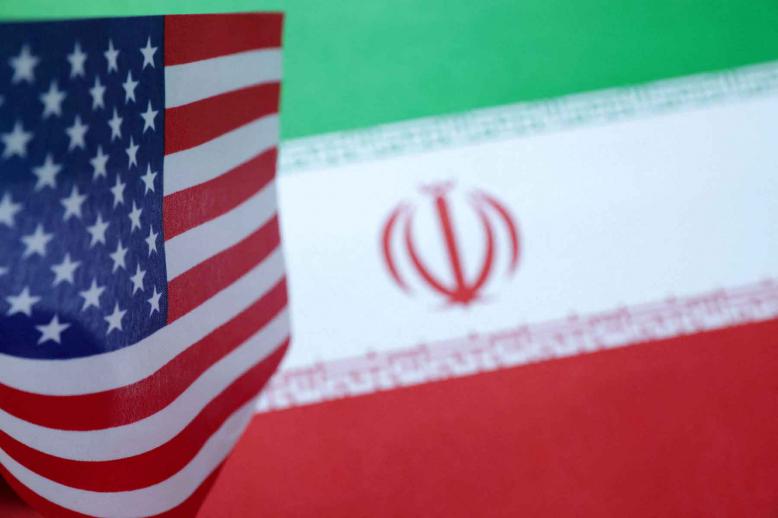Egypt’s president given right to appoint judges
CAIRO — Amendments to a law regulating how the heads of Egypt’s top judicial bodies are appointed are raising concerns about the judiciary’s independence and driving fears that executive power could interfere in the courts’ work.
The amendments, approved June 11 by the Egyptian parliament, give the president the right to select the heads of the judicial bodies, including the Supreme Constitutional Court, the Court of Cassation and the State Council.
“The amendments open the door wide for interference in the work of the judiciary,” said MP Ahmed al-Tantawi, a member of parliament’s Legislative Affairs Committee. “This impinges on the independence of the judiciary.”
The amendments also give the president the right to appoint the public prosecutor.
They stipulate that each of the country’s top judicial bodies is to nominate seven of its most senior members for the position. The president would then choose one to head the body for one 4-year term.
The amendments require the Supreme Judicial Council, the top judicial authority in Egypt, to nominate three judges for the post of public prosecutor.
Previously, each judicial body’s general assembly selected its oldest member to lead the body. The name of the most senior general assembly member would be sent to the president for approval. If the president rejected this member’s appointment, the general assembly would name the second oldest member for the president to approve.
This mechanism allowed judicial bodies to select their own heads, provided they were approved by the president, who did not have much control over the process.
However, advocates of the new law argue that the old mechanism was defective because the oldest members of judicial bodies’ general assemblies were not always physically fit enough to preside over the top bodies.
“The new rule… gives the president the right to select the heads of the judicial bodies from among a larger number of nominees,” said Mohamed Seleem, another Egyptian MP. “This cannot be called interference in the work of the judiciary.”
Heads of judicial bodies carry significant influence over the country’s courts, whose work they regulate and make appointments for.
The amendments introduced June 11 build off amendments approved in April that extended presidential terms to six years rather than four and gave Egyptian President Abdel Fattah al-Sisi the right to seek two additional terms in office.
Previously, the constitution would not have allowed Sisi to exceed his second 4-year term, ending in 2022.
The power struggle between the Egyptian presidency and judiciary is far from new but has intensified in recent years amid allegations that some judiciary members harbour loyalties to the outlawed Muslim Brotherhood, charges they have angrily denied.
Previous plans to revise the judicial law were shot down by the courts. In April 2017, parliament approved amendments giving the president the right to select heads of judicial bodies from a list of three candidates submitted by the general assembly.
Those amendments were rejected by the judicial bodies, which had the constitutional right to approve or reject bills involving their work or the work of the courts.
Detractors of the amendments warn that it gives the president too much power to interfere in courts’ work.
“These amendments violate the required separation between the executive branch and the judicial branch,” said lawyer Ahmed al-Sharqawi. “The judicial branch has to be totally independent, away from interference by all state authorities, including the presidency itself.”
Hassan Abdel Zaher is a Cairo-based contributor to The Arab Weekly.
Copyright ©2019 The Arab Weekly







